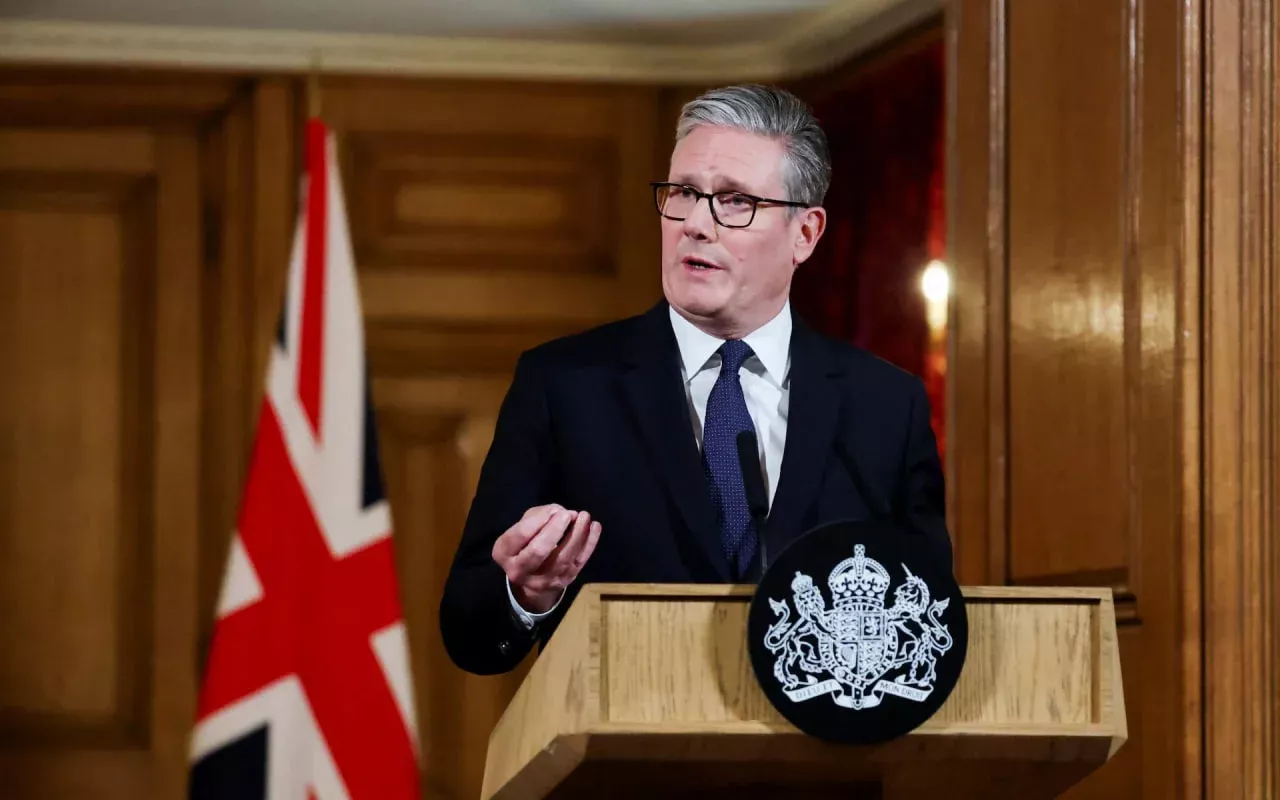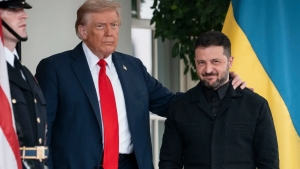
On July 29, British Prime Minister Keir Starmer made an important statement regarding the country's policy. This was reported by Zamin.uz.
He stated that if Israel does not take concrete measures aimed at improving the lives of Palestinians, Britain is ready to officially recognize the state of Palestine at the UN General Assembly in September. If this decision is made, Britain could become the second Western country to recognize Palestine in the UN Security Council after France.
Starmer emphasized that before recognizing Palestine, Britain expects Israel to fulfill the following demands: ensuring the delivery of humanitarian aid to Gaza, providing firm guarantees against the annexation of the West Bank, committing to a long-term peace process, and officially announcing the recognition of the state of Palestine. According to the Prime Minister, the Palestinian people are going through severe trials, especially children suffering from hunger due to the lack of aid in Gaza.
This situation is unacceptable. In September, the British government will assess whether Israel and Palestine comply with these conditions.
As Starmer pointed out, no state has the right to veto this decision, and Britain will pursue an independent policy. According to Reuters, this decision was made following an urgent meeting involving London officials and European Union leaders.
Previously, British governments had stated that recognizing Palestine would happen "when the appropriate time comes," but they did not specify any conditions or deadlines. Recently, due to the increasing risk of hunger in Gaza and warnings from international humanitarian organizations, members of the Labour Party are also calling on the Prime Minister to recognize the state of Palestine.
They aim to increase international pressure on Israel through this. Additionally, French President Emmanuel Macron's intention to recognize Palestine as a state within the territories occupied during the 1967 war has also become an important topic of discussion in British politics.
It is worth noting that when military actions began in Gaza, Keir Starmer, as the opposition leader, supported Israel's right to self-defense. However, upon assuming the position of Prime Minister, his policy towards Israel became firm and principled.
For example, Britain halted its previous legal battles against the arrest warrants issued by the International Criminal Court against Netanyahu and restricted arms exports to Israel. Furthermore, in June, the British government imposed sanctions on two radical Israeli ministers, Itamar Ben-Gvir and Bezalel Smotrich.
They were held accountable for openly promoting violence against Palestinians. The final decision to be made in September is being closely watched by the global community.
The impact of this political step by Britain on regional and international relations is still unclear, but significant changes are expected.







